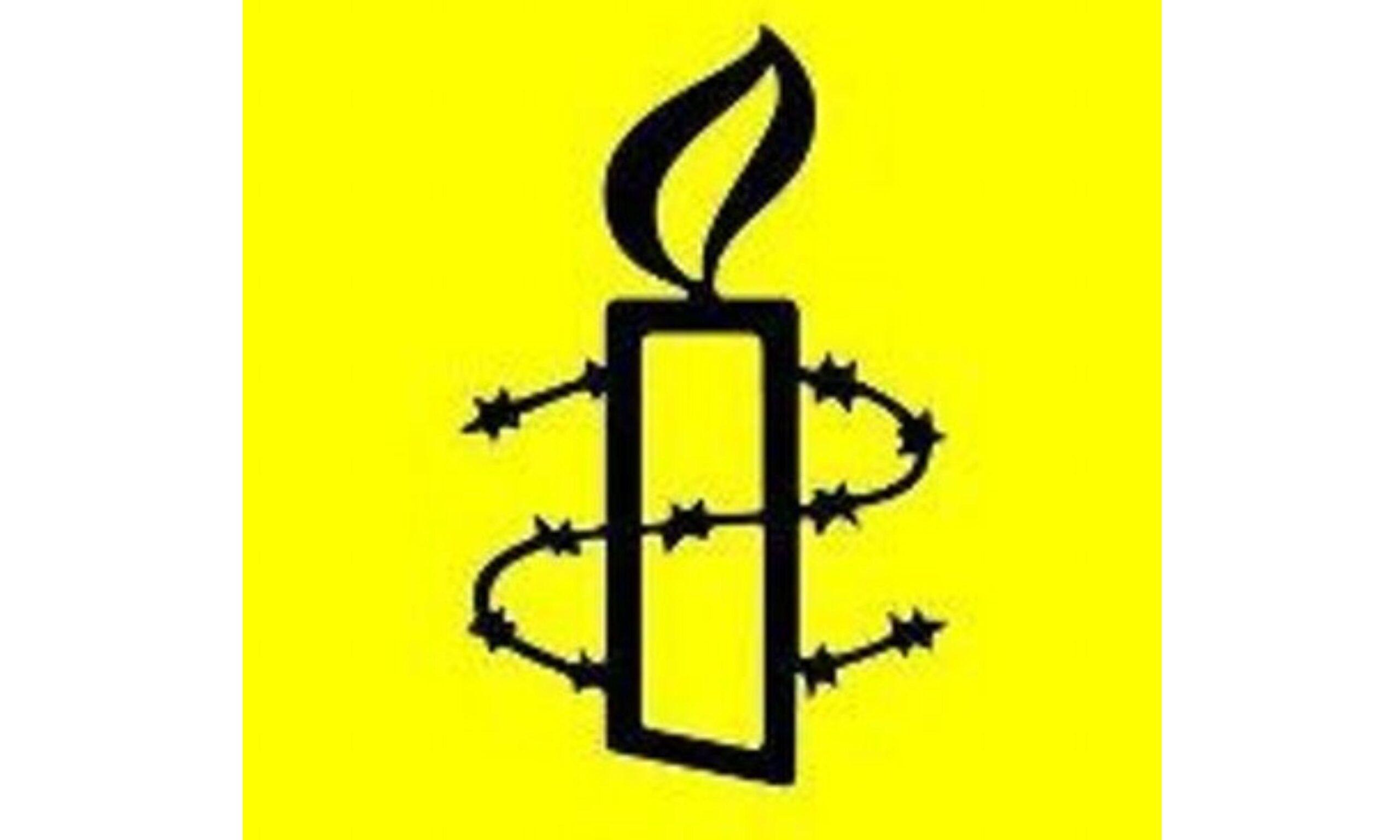Srinagar: Amnesty International (AI) on Thursday urged India to end what it alleged is the repression of dissent in Jammu and Kashmir and said that it must go beyond assembly elections being held after a gap of ten years and ensure all human rights are upheld and protected for everyone in the region. “That is the ‘naya’ (new) Kashmir that the authorities must aspire to as they lay grounds for the return of the statehood of the region,” it said.In a statement, the AI said that the Indian authorities “must stop using restrictive travel bans and arbitrary detentions under the country’s stringent anti-terror laws to intimidate critical dissenting voices from speaking out on Jammu and Kashmir”.It asserted that the authorities’ escalating repression of human rights after revocation of special autonomous status of the region has resulted in arbitrary detentions, passports being revoked, the creation of opaque ‘no flying lists’, the denial of entry into India and arbitrary cancellations of Overseas Citizenship of India (OCI) status and affected those with Indian and non-Indian citizenship speaking out against the repression.Aakar Pate, the chair of board at AI India, said, “The Indian authorities are using arbitrary restrictions and punitive actions to create a climate of fear in Jammu and Kashmir. Anyone daring to speak out – whether to criticize the government or to stand up for human rights – faces a clampdown on their rights to freedom of expression and association and are unable to move freely within and outside the country.”He added, “The Indian authorities must end their campaign of harassment and intimidation against dissenting voices. The people of Jammu and Kashmir must be able to exercise their right to fully participate in the decision-making about their future in the run up to, during and after elections.”The AI said that since the abrogation of Article 370 of the Indian Constitution in 2019 and since it issued its last briefing on the human rights situation in J&K, “we have verified the cases of at least five individuals, including journalists, political leaders and activists, who have been prevented from travelling abroad or travelling into India, despite having the requisite travel documents, in violation of their right to freedom of movement.” It added, “The Indian authorities have imposed the bans without any written explanation, court order or proper notification within the legal time frame which indicate a form of retaliation against their legitimate human rights work around Jammu and Kashmir.”It said that the government also continues to misuse the “draconian” Public Safety Act (PSA), which allows authorities to “arbitrarily detain people for up to two years without charge or trial”, and the Unlawful Activities (Prevention) Act (UAPA) to carry out arbitrary detentions. “This has led to self-censorship of independent voices, and the Indian authorities’ near total control over information from Jammu and Kashmir,” it said.The statement while talking about passports confiscations and revocations and delays in the issuance of travel document said, “While there is no official data on the cancellation, denial, impounding or revocation of passports in Jammu & Kashmir, media reports suggest that about “98-200” passports may have been revoked since the abrogation of Article 370”.The AI said that it has documented in detail two cases of critics facing arbitrary passport revocation and one case of inordinate delays in issuance of passports including that of Kashmiri photojournalist Masrat Zahra and PDP youth leader Waheed Ur Rehman Parra. It said Zahra has found herself in a state of limbo after her Indian passport was revoked without warning while she was pursuing higher education in the United States. It said that Parra who was accused by the National Investigation Agency (NIA) of being a “threat to the security of the state” had his passport impounded and revoked in May 2023 by the Regional Passport Office in Srinagar before he could travel to the US to start a fellowship at Yale University.Talking about the OCI status being withdrawn, the AI has mentioned the cases of Amrit Wilson, an 82-year-old India-born British journalist and activist and Nitasha Kaul, a British-Indian professor of politics of Kashmiri origin.It has also mentioned about the “arbitrary detention of critics” including former president of the J&K High Court Bar Association Mian Abdul Qayoom, journalists Majid Hyderi and Sajad Gul. It said that, as part of its research, AI reviewed the Habeas Corpus Petitions (HCPs) filed to challenge the detentions under PSA before the J&K and Ladakh High Court in the periods of 2014-2019 and 2019-2024 and found that there was a seven-fold increase in the number of cases filed under the PSA after 2019, “with Muslim-dominated” Srinagar recording consistently more PSA cases than Hindu-dominated Jammu”.“AI also found that the average time taken to dispose of these petitions in Srinagar High Court has…
Subscribe
Login
0 Comments





